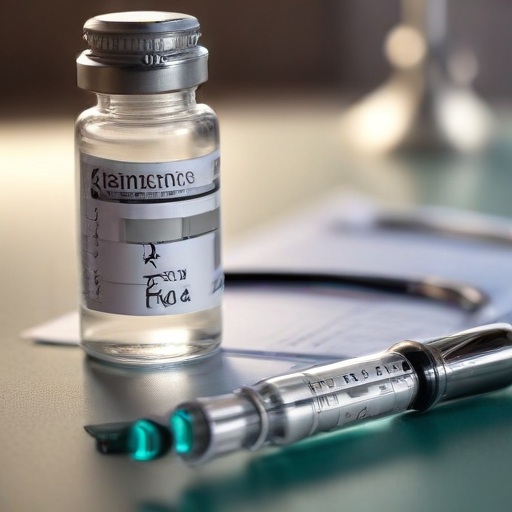Johnson & Johnson announced on Monday that it has submitted a request to the U.S. Food and Drug Administration (FDA) for the approval of its ketamine-based drug, Spravato, to be utilized as a standalone therapy for treatment-resistant depression.
Originally approved by the FDA in 2019, Spravato was designed to be used in combination with an oral antidepressant for patients who did not find relief from two or more conventional antidepressants. This new application seeks to offer more accessible treatment options for those affected by this challenging condition.
According to Johnson & Johnson, nearly 30 percent of the estimated 280 million individuals worldwide suffering from major depressive disorder experience treatment-resistant depression. Bill Martin, the head of neuroscience at Johnson & Johnson, highlighted the urgent need for improved therapeutic options, stating, “Many patients living with challenging-to-treat depression spend far too long cycling through multiple treatments that don’t effectively resolve their symptoms, which can cause a significant functional and emotional burden on patients and their loved ones.”
The application is based on findings from a late-stage clinical trial indicating that Spravato, when used alone, demonstrated the ability to alleviate symptoms as early as 24 hours post-treatment and sustained relief for at least four weeks. Administered as a nasal spray, Spravato requires supervision from a healthcare provider during administration. Unlike traditional antidepressants that alter serotonin and dopamine levels, Spravato functions by increasing glutamate levels in the brain, which is crucial for neuronal communication.
Sales of Spravato saw a remarkable increase of 60%, reaching $271 million for the quarter ending June 30, compared to the same timeframe in the previous year, reflecting a growing recognition of its benefits. To date, the drug has been prescribed to around 100,000 patients across 77 countries.
This development could provide much-needed hope for individuals struggling with treatment-resistant depression, as it paves the way for alternative therapeutic options that may lead to faster and more effective relief. With the ongoing advancements in mental health treatment, there is potential for a brighter future for those affected by this debilitating disorder.
